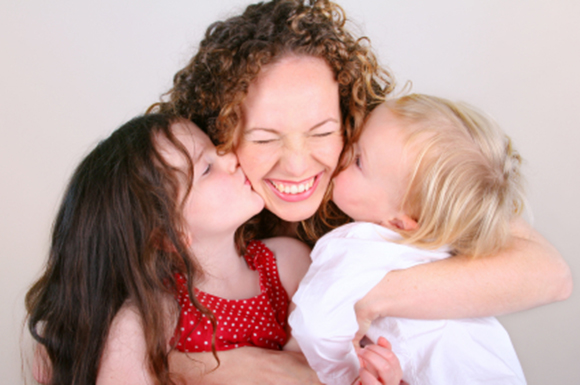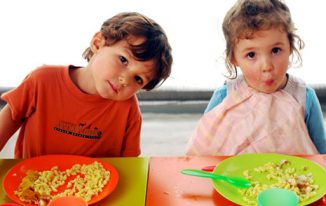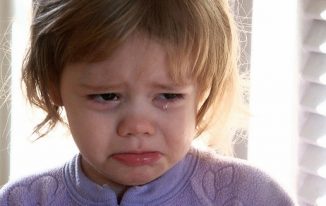
Being a toxic parent is not the best way to be described. You wouldn’t want to be labeled as such by your kids. If your kids see you as such, it would be best to assess your parenting style.
Toxic parenting can have catastrophic effects on your relationship with your kids. This particular style of parenting just has to be recognized, addressed, and stopped immediately.
But what exactly is a toxic parent? According to consistent-parenting-advice.com:
The phrase toxic parent was coined to describe parents whose own negative behaviour grossly inflicts emotional damage which contaminates their children’s sense of self.
This negative style of parenting is usually inherited from your own parents who, in turn, have inherited from theirs.
Sad to say, toxic parenting is handed down from one generation to another. Such is why it should be recognized and addressed right away.
Unfortunately, this negative behavior is evident only when you become a parent. And now that you’re one, you should always make a conscious effort to avoid this particular kind of parenting style.
Here are 10 simple tips to avoid being a toxic parent.
1. Be the bigger person. After the fight, be the one who breaks the silence, extends the olive branch, and works to restore healthy communication.
2. Don’t pathologize your children to cover up your own poor parenting skills. Labeling a child or using (or worse, seeking) a diagnosis, such as ADD/ADHD or a personality disorder, to explain and excuse behavior that you should be addressing — or that mirrors your unhealthy modeling — places a lead weight on your child that he or she will be eager to lift at the onset of adulthood.
3. Don’t make their drama your drama. You share joy in your kids’ accomplishments and sorrow for their troubles. But don’t hang your emotional state on their emotional state or co-opt their experiences and feelings by making it all about you.
4. Understand the difference between criticizing and correcting. For many, discipline, self-control, and healthy habits don’t come naturally — they’re learned. Be a guide, not a critic.
5. Learn impulse control. Learning how to contain your immediate reaction and formulate an appropriate response will not only model balance to your child but also create a calmer dynamic and stop you from saying and doing things you will later regret.
6. Remember that kids are vulnerable. Children don’t necessarily tell you when their feelings about you have changed, when you have lost their respect or endangered their love for you.
7. Avoid using guilt and shame as consequences. Instead, help them understand their choices and the real consequences of their actions.
8. Don’t smother and infantilize; encourage self-sufficiency. Don’t allow your need to feel needed — which may have roots in your own childhood — to interfere with your child’s need to become self-reliant and independent.
9. Master and model healthy conflict resolution with your partner. This not only creates a safer environment for your children but also models the importance of solving problems instead of ignoring them or sweeping them under the rug.
10. Practice self-care. Taking good care of yourself — maintaining good eating habits, exercising regularly, getting out (hire that sitter), and making time to do things you enjoy makes you healthier both physically and psychologically and gives you more energy to deal with your children.
You need to have an open mind about toxic parenting. It’s hard to admit it, but you could be doing some toxic parenting that you’re not even aware of. After all, no parent is perfect and that’s okay. What’s not okay is not having the concern and humility to accept it.
You need to recognize and address your own negative behavior. You cannot mold your kids positively without assessing your own behavior. That becomes a difficult task especially if you grew up thinking that your parents were always right.
You’re bound to mold your kids into that kind of thinking as well and that could be very toxic for them. So stop now. Keep in mind the 10 tips that can help you become a better parent.
If you want to know more toxic parenting, you can read the insightful article in its entirety on goodmenproject.com. The sooner you’re aware of this negative parenting style, the better. After all, it’s never too late to change for the better.
So which one of the 10 tips hits you most?









